The cognitive basis of LXD
Clark Quinn
MAY 17, 2022
This is because LXD, to me, encompasses three things, all based on cognitive science. So here I’d like to make the case why I think that there’s a cognitive basis of LXD. Each one of those three things, then, has a cognitive underpinning. What creates positive affect? Design, too, was a subject of study.












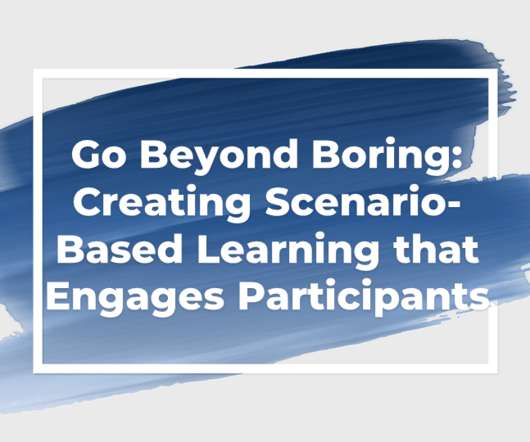
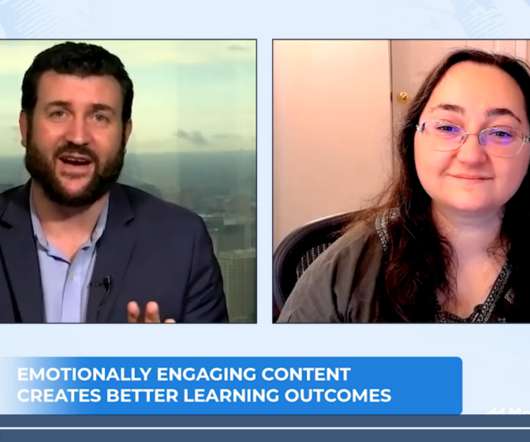
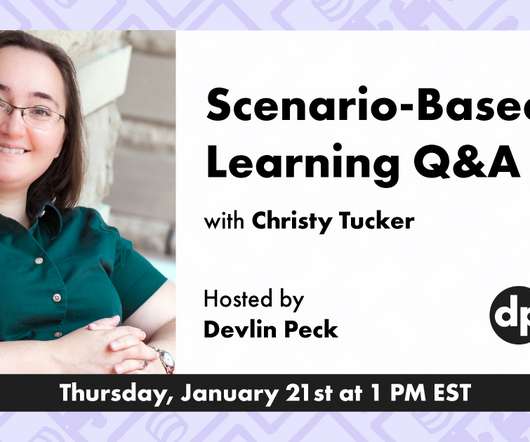






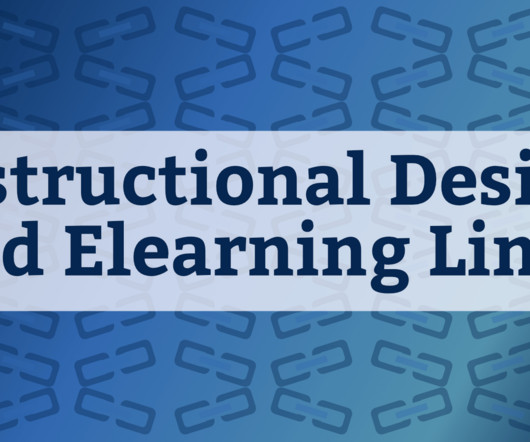
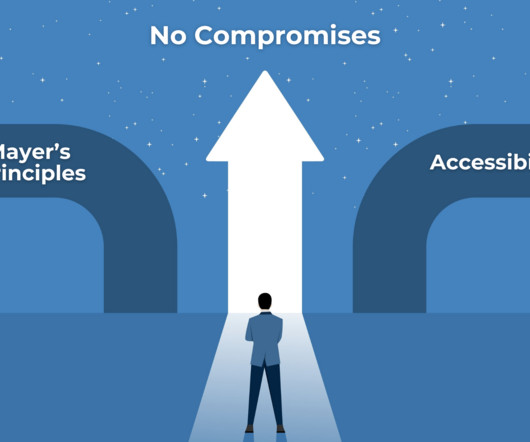
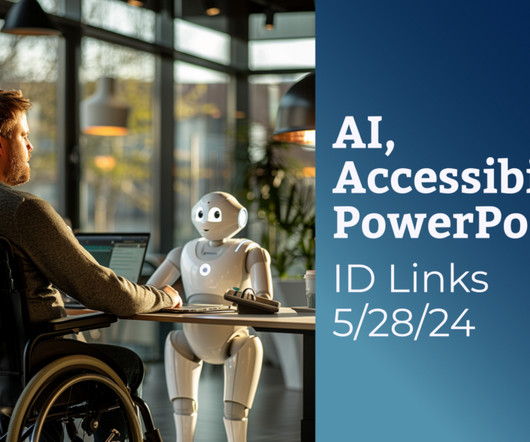








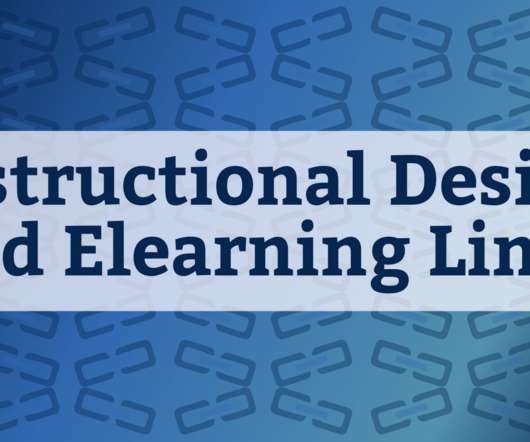


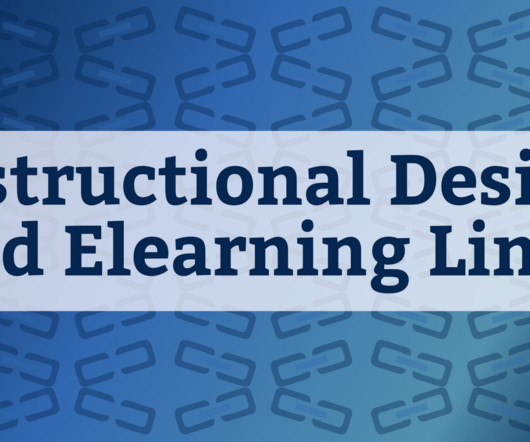



















Let's personalize your content